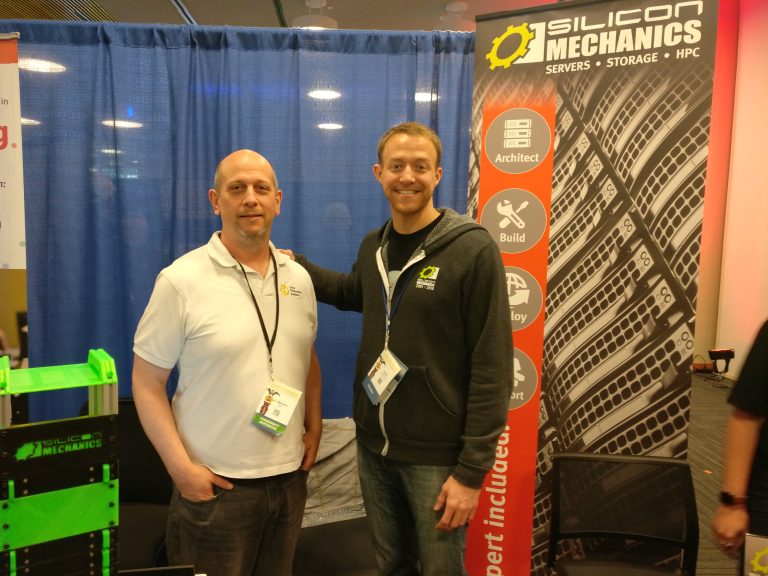Testimonial: How Adam Futureproofed His Career with Linux Professional Institute

Linux Professional Institute (LPI) has delivered over 500,000 exams to IT professionals around the globe. So why do so many choose the world’s largest, vendor-neutral Linux and open source certification body to help advance their career?
According to Foote Partners report, ‘IT Skills and Certification Index’, there’s double-digit growth in bonuses paid to LPI certified candidates1. So, is it the promise of a lucrative career, or is there even more to being certified with LPI?
We asked Adam, from Washington, about his experience of getting into open source, taking the exams and how this contributed to his current success.
“After spending most of my early life learning and then teaching Spanish, Japanese and English as a foreign language, I realised that there wasn’t much progression in this profession – so decided to take a different path.
“I’ve always been interested in technology trends and saw potential in learning a programming language, so began learning about Linux in around 2007. I really felt that, if I was going to establish a new career in software development, that I had to understand and be able to work with Linux, first and foremost. Since I lacked any industry experience I decided to take the LPIC-1 and Linux Essentials certifications.
“I had to upskill to prepare for the exam, and I began by using Linux Academy and their training tools; I read lots of “Intro to Linux” books and study guides; I went to meetups and networking events to talk about Linux with people who really knew their stuff. To support my learnings with practical application, I set-up and ran my own Linux server, and started my own professional blog, which I still run to this day.
“The exams were actually much tougher and more thorough than I had expected, but that shows it’s something worthwhile. I’d recommend dedicating at least an hour a day to prepare for the exam.
“It took me approximately a year to complete all three exams (LPIC-1 [101 and 102] and Linux Essentials) but within a week of getting my first Linux certification, I got a job as a Support Technician, at Silicon Mechanics – where I currently work, but now as a Senior Support Technician.
My day-to-day work usually involves my using Linux in some way – so the certifications have helped me enormously. I’d definitely recommend it as a good foundation for anyone interested in an IT career – in fact, I have recommended it to colleagues who have also gone on to take the LPI exams.
For my own next step, LPIC-2 is on my list: I’m always looking to learn more about my industry and the LPIC-2 exam will allow me to take my knowledge to that next level – ultimately, enabling me to better support my customers.
Technology is always evolving, which makes it a fascinating industry to work in. We also now have an automation and DevOps team at Silicon Mechanics, and I’ll soon be joining up with that team and working with them on a number of projects. Once I take my LPIC-2 exam, I’m looking forward to taking the LPIC-OT: DevOps certification, so I can upskill in that area too.”
Learn more about Linux Essentials, LPIC-1, LPIC-2, and LPIC-OT: DevOps Tools Engineer certifications.